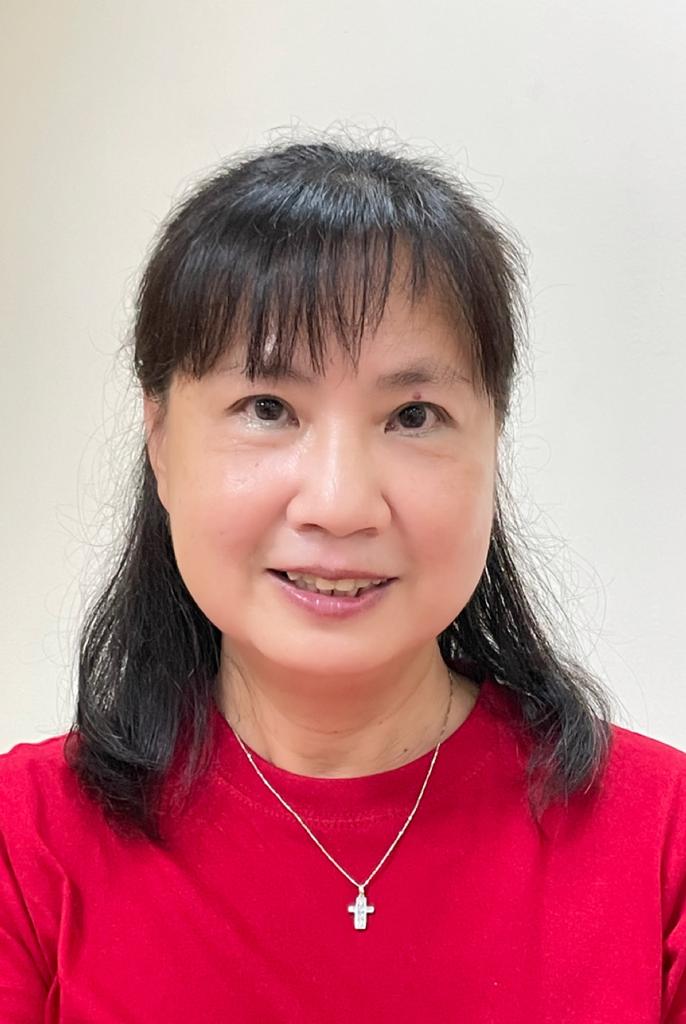Where and what did you study?
I hold a Joint European Master’s Degree in International Humanitarian Action, a Post-Graduate Diploma in Systems Analysis, and a Bachelor’s Degree in Accounting. I am a Chartered Accountant of Singapore and a Certified Project Management Professional with PMI. I just finished my DTL at BGU in June, 2023.
What is your DTL dissertation about?
My dissertation entitled A Shalom-based Approach to Poverty Alleviation is about the need to pay attention to the psychological and spiritual conditions of people in poverty, and not focusing only on the material aspects. It seeks to advocate changes in strategies churches and social service organizations employ in helping the impoverished in Singapore, with the ultimate aim that the poor could be helped in a more sustainable manner.
Why did you choose BGU for your studies?
I started with BGU very cautiously. Even though I had signed up for the DTL program, I had at the back of my mind that I would drop out if it was not for me. However, after just one module, I found myself un-learning and re-learning many things that I had been taught in the past, and my Christian perspectives and worldview was changing, I believe, in the right direction. I would say that I didn’t choose BGU, but I am thankful that God found BGU for me.

What is your professional background?
Being a global citizen, I have lived and worked in five different countries on three continents – Asia, Europe, and North America. I served in leadership capacities in the United Nations in various settings, including a scientific agency, an international court, and the UNHQ. I also have years of corporate experience, including more than a decade with IBM Asia Pacific.
What place do you call your home?
Although I have lived in many parts of the globe, I still would not have chosen to be born anywhere else other than in Singapore, my country of origin. Of course, there are lots of imperfections in this city-state, but what I love most about growing up in Singapore is that it has inculcated in me a sense of respect for people whose ethnicity and religion are different than mine. Although a tiny country (even smaller than New York City), Singapore is one of the most religiously diverse countries in the world, according to research. Up to today, I still cherish this experience of being in school with others who were wearing headscarves, turbans or other religious objects, while I hung a cross around my neck. Yet, I did not see them as any different than me, and we had so much fun studying, playing, laughing and crying together.
What is Singapore like today?
Today, Singapore is even more multi-cultural and multi-religious, but living together with that sense of harmony never left us. We have churches, mosques, Chinese and Hindu temples within close proximity, but there is no tension, because everyone just treats one another with respect, taking care not to eat food or behave in a manner that may be considered offensive by the other parties. This is what I love most about my country! Of course, this context poses a challenge to doing Christian ministry. Yet, operating under such complexity is exactly what makes what I studied at BGU so relevant. I learnt to collaborate with others for the common good of the community, and to practice incarnational leadership with people from other faiths and ethnicities. Coming to Singapore for an immersion will help one see how the principles we have gleaned from BGU come alive in a multi-cultural, multi-ethnic and multi-religious society.
(Note: We are planning a Singapore Immersion for 2025. More details will be shared later.)
Read Debbie's bio HERE.